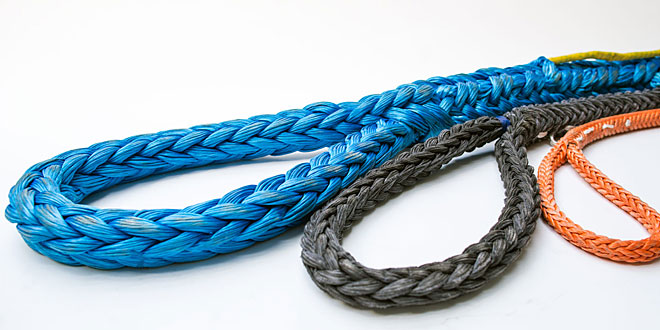Question: Give two examples each of natural and synthetic fibres.
Answer: Natural fibres: Cotton, Silk
Synthetic fibres: Rayon, Nylon
Question: What is a polymer?
Answer: Synthetic fibres are made up of molecules called polymers. Polymers are huge molecules-usually consisting of long chains made from thousand of similar small molecules called monomers.
Question: Why is rayon called regenerated fibre?
Answer: Rayon is called a regenerated fibre because the original raw material, cellulose is broken down and then reformed. This makes it strong and easier to dye in a variety of colours.
Question: List two disadvantages of synthetic fibres?
Answer: Two disadvantages are:
- In hot and humid weather, these clothes stick to the body and make us feel uncomfortable.
- Synthetic fibres catch fire very readily. They are easily inflammable. They melt on heating and stick to the body of the person wearing them, causing severe burn.
Question: What is plastic? All plastics have the common property-what is it?
Answer: Plastic is a material that can be moulded or formed into different shapes. All these materials have one co common property – they are made of polymers.
Question: Why are plastic bottles commonly used to store chemicals in a chemistry laboratory?
Answer: Plastics have no reaction with water and air. They are non-reactive and do not corrode easily. That is why they are used to stored chemicals and other materials.
Question: List the important properties of nylon that makes it a useful synthetic fiber. Give important uses of nylon.
Answer: Important properties of nylon:
- It is very strong and elastic, infact, nylon thread is stronger than steel wire.
- It is light and wrinkle-resistant.
- It is wear resistant, that is why nylon garment lasts for a long time.
- It is easy to wash and absorbs very little water, therefore, garments made from nylon dry quickly.
- It is lustrous in appearance.
Important uses of nylon:
- Garments such as saris are made from nylon. Since it is wear resistant, garments made from it last for long time.
- Being very strong, nylon fibre is used to make ropes (including ropes used during rock-climbing), tents, fishing nets and parachutes.
- It has good elasticity and is, therefore, useful for making socks and stockings.
- Nylon is also used to make toothbrushes, combs, zip fasteners and machine parts.
 Class Notes NCERT Solutions for CBSE Students
Class Notes NCERT Solutions for CBSE Students


